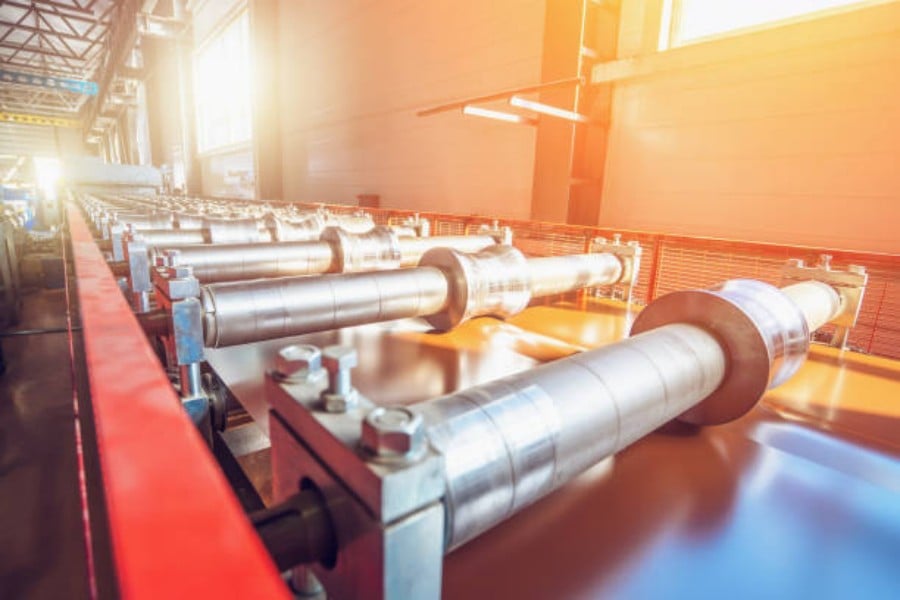Introduction
If you are in the construction industry, you would know how important wall panels are for any building structure. Wall panels not only provide protection and insulation but also enhance the aesthetics of the building. With the advancements in technology, Wall Panel Roll Forming Machines have become an essential tool for manufacturing wall panels. In this article, we will provide a comprehensive guide on wall panel roll forming machines.
What is a Wall Panel Roll Forming Machine?
A wall panel roll forming machine is an industrial machine used for manufacturing wall panels. The machine consists of a series of rollers that bend and shape a metal sheet into the desired shape and length. Wall panel roll forming machines can be used for manufacturing a variety of wall panels such as sandwich panels, corrugated panels, and roof panels.
Types of Wall Panel Roll Forming Machines
There are mainly three types of wall panel roll forming machines: single layer roll forming machine, double layer roll forming machine, and three-layer roll forming machine. The single layer machine can only produce a single type of wall panel, whereas the double and three-layer machines can produce multiple types of wall panels by changing the roll forming dies.
Advantages of Wall Panel Roll Forming Machines
Wall panel roll forming machines offer several advantages over traditional manufacturing methods. One of the main advantages is that they can produce wall panels in large quantities in a short amount of time. They also offer high precision and accuracy in the dimensions and shapes of the panels, which reduces wastage and improves the overall quality of the product.
Components of a Wall Panel Roll Forming Machine
A wall panel roll forming machine consists of several components such as the decoiler, feeding device, roll forming machine, cutting device, and control system. The decoiler is used for unwinding the metal sheet, the feeding device feeds the sheet into the roll forming machine, the roll forming machine shapes the sheet into the desired shape, the cutting device cuts the sheet to the desired length, and the control system controls the entire process.
Applications of Wall Panel Roll Forming Machines
Wall panel roll forming machines find application in a variety of industries such as construction, architecture, and engineering. They are used for manufacturing wall panels for buildings, warehouses, and commercial structures. They are also used for manufacturing decorative panels and cladding.
Factors to Consider when Choosing a Wall Panel Roll Forming Machine
When choosing a wall panel roll forming machine, there are several factors to consider such as the desired production capacity, the type of wall panel to be manufactured, the quality of the machine components, and the after-sales service provided by the manufacturer. It is important to choose a machine that meets your specific requirements.
Maintenance of Wall Panel Roll Forming Machines
Maintenance is an essential aspect of ensuring the longevity and efficient functioning of wall panel roll forming machines. Regular cleaning and lubrication of the machine components can prevent wear and tear and increase the lifespan of the machine. It is also important to inspect the machine regularly for any signs of damage or malfunction and take necessary corrective measures.
Cost of Wall Panel Roll Forming Machines
The cost of a wall panel roll forming machine depends on various factors such as its capacity, the type of wall panel to be manufactured, and the quality of the machine components. Generally, the cost of a wall panel roll forming machine ranges from $20,000 to $100,000 or more.
Conclusion
Wall panel roll forming machines are an essential tool for manufacturing wall panels in large quantities and with high precision. They offer several advantages over traditional manufacturing methods and find application in a variety of industries. When choosing a wall panel roll forming machine, it is important to consider various factors such as your specific requirements and the quality of the machine components.

